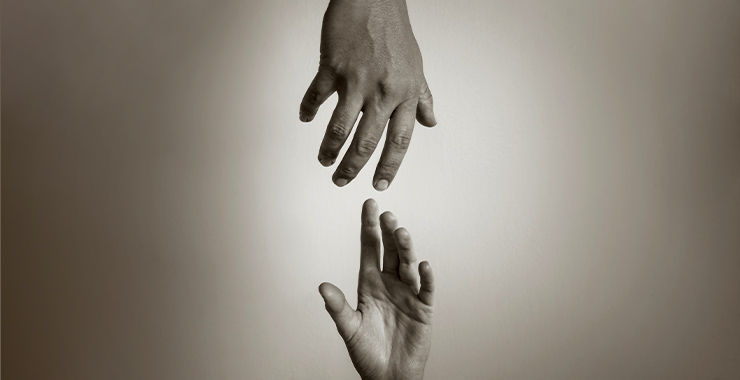We do not talk enough about mental health in Nigeria for many reasons, chief of which includes the stigma attached to mental health. Sadly, the more we shy away from discussing the issue, the more we leave people suffering in silence, which in some instances leads down the path of suicide. My friend, Ademola Bashir shares his thoughts on the issue and how to help. The lines below are Ademola’s.
Recently, there have been reports of suicides among Nigerians, both home and abroad, all over social media.
Amidst the social media frenzy, I read comments such as “I can never kill myself,” “Could never be me,” “Hell straight.”
The statements above stem from the fact that so many people lack basic knowledge of how mental health works. They are in the same category as asking someone with the flu, “why do you have a runny nose?”
Unfortunately, majority of suicide victims are young adults and teenagers. Maybe the world is tougher on them, or maybe not. But what can we do to help reduce the numbers. I will share a few pointers.
Signs and symptoms include:
- Feeling sad or down
- Confused thinking or reduced ability to concentrate
- Excessive fears or worries, or extreme feelings of guilt
- Extreme mood changes of highs and lows
- Withdrawal from friends and activities
- Significant tiredness, low energy or problems sleeping
- Detachment from reality (delusions), paranoia or hallucinations
- Inability to cope with daily problems or stress
- Trouble understanding and relating to situations and to people
- Problems with alcohol or drug use
- Major changes in eating habits
- Sex drive changes
- Excessive anger, hostility or violence
- Suicidal thinking
Helping a Love One
If your loved one shows signs of mental illness, have an open and honest discussion with them about your concerns.
You cannot force an adult to get professional care, you can barely force a teenager even. But you can offer encouragement and support. You can also help your loved one find a qualified mental health professional, book an appointment, and go along to the appointment.
If your loved one has done self-harm or is considering doing so, take the person to the hospital or call for emergency help.
Destigmatize Mental Health
Traditionally, mental health has been mostly demonized or seen as a sign of weakness, a very dangerous and false narrative.
You do not have to wait till you experience a mental health crisis close to you before empathizing with people who are.
Think about it this way.
All of us have issues we are dealing with on the daily. It is easy to believe your mental health is super, but if you ask people around you, they might have a different picture.
There might have been times you acted irrationally, yelled unnecessarily, been violent or emotionally abusive towards a subordinate or child, acted inappropriately, not been assertive when you should have been, internalized faults that had nothing to do with you, or vilified people you do not even know.
All these reactions stem from inherent unresolved issues that have affected your mental health and you cope by either lashing out or lashing at yourself.
So before you decide to pick on someone for their mental health crisis, take a deep breath and remember all the times you did not have it all together yourself. And maybe, just maybe, you can realise how you aren’t much different from that person. Particularly as you have no idea of all they are actually going through in their life. Try not to judge from the slides and glimpses you get.
Shalom.
Ademola Daniel Bashir

